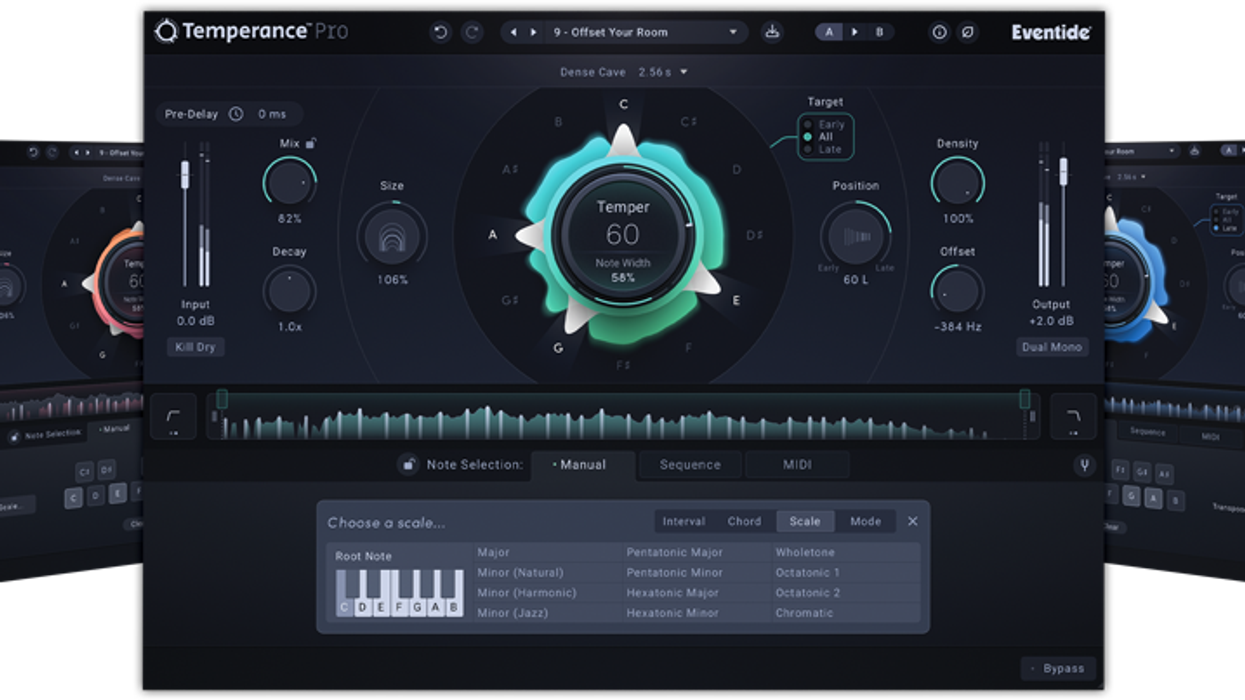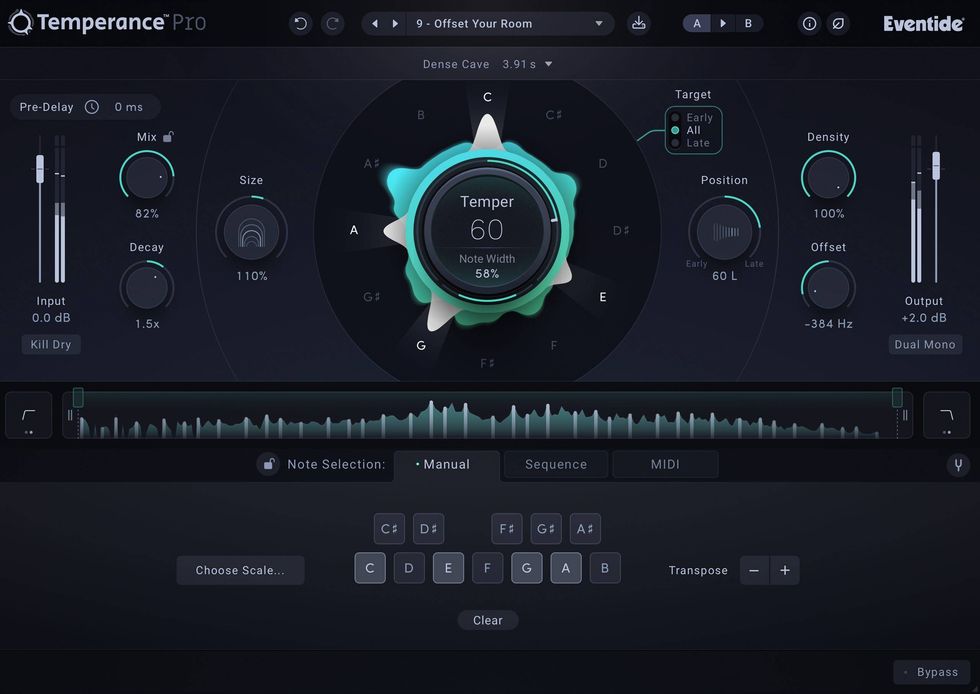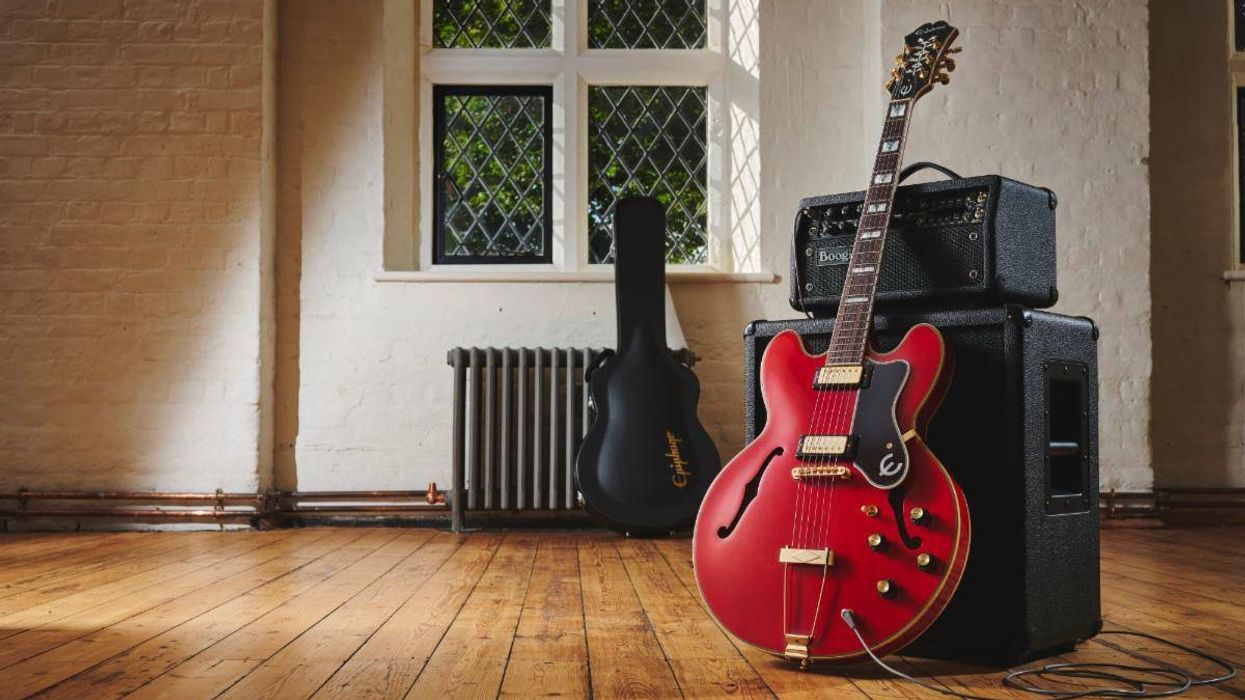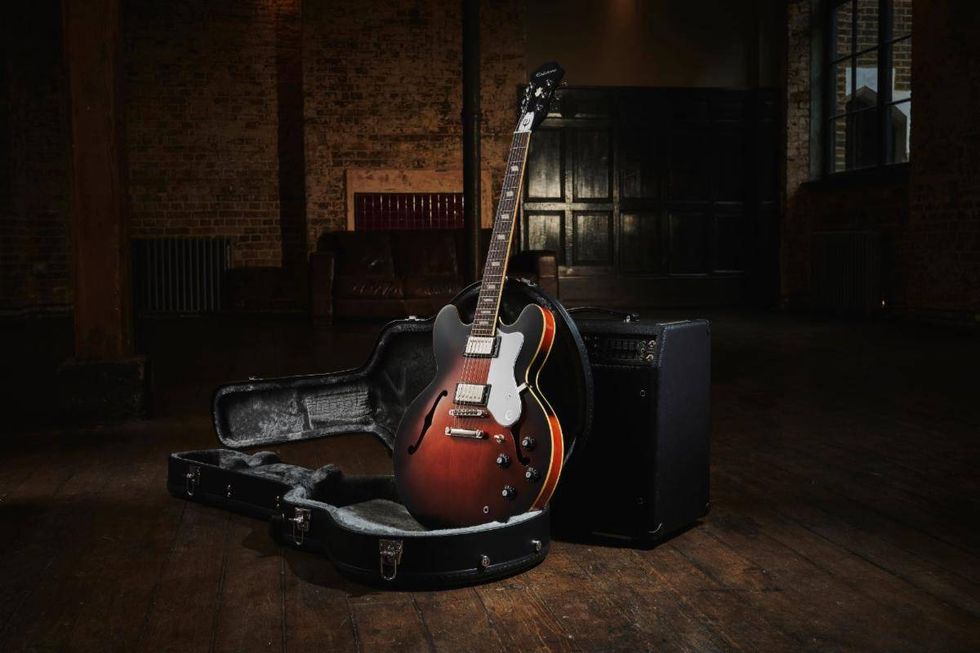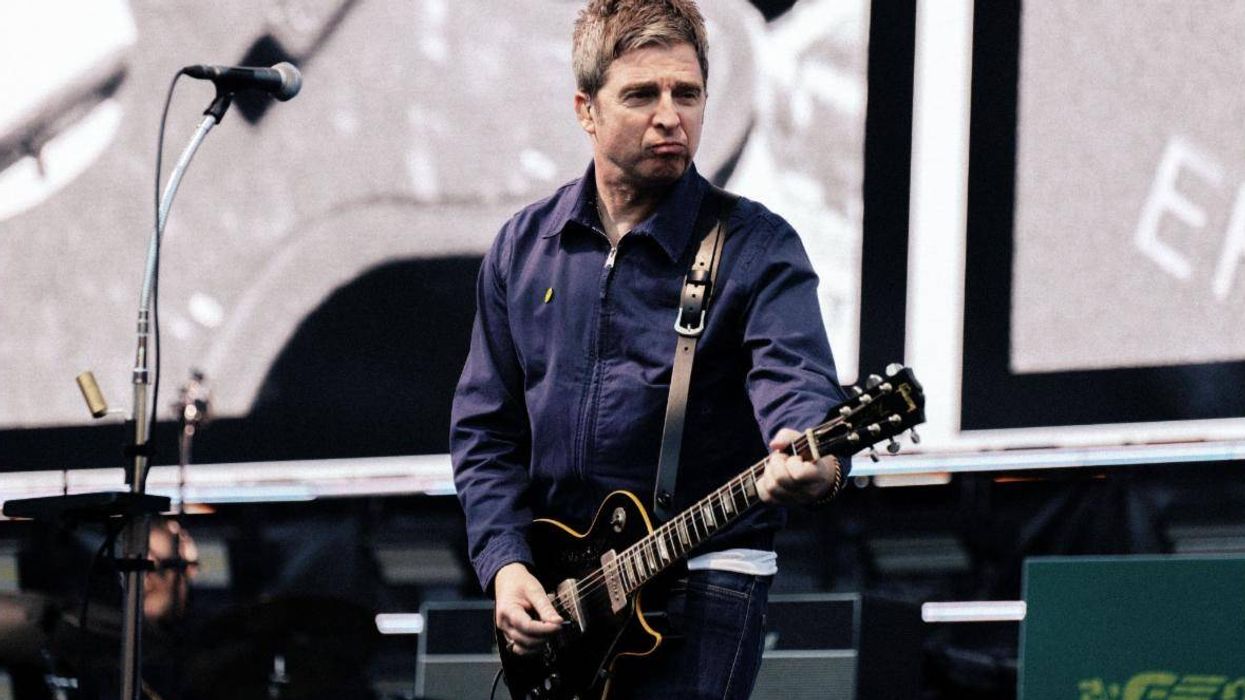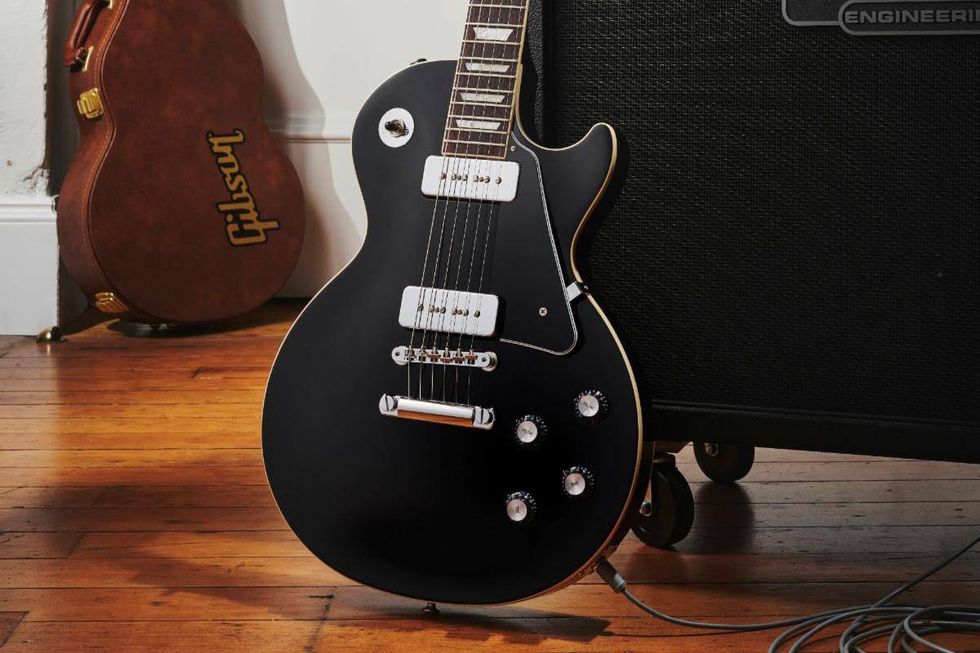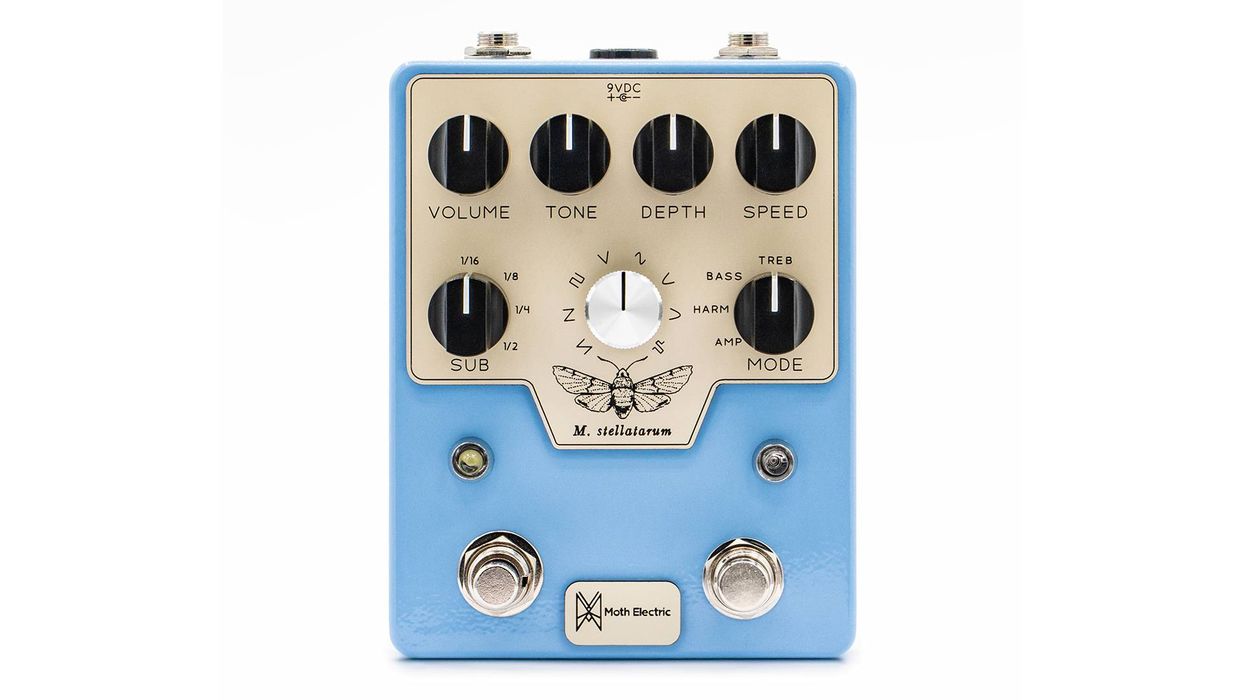Black Ice Enterprises today announced the introduction of its Black Ice Boost and Black Ice Distort, small, battery-free devices that can be easily installed on a guitar or bass.
Black Ice Boost offers two selectable stages of up to 7 dB of boost, broadly concentrated in the midrange frequencies to add humbucker-like qualities to Strat®, Tele®, and other types of single-coil pickups. Black Ice Distort is an overdrive module that can be configured to offer anything from slight overdrive to distortion. Both models are compatible with all passive guitar pickups and electronics (they’re not compatible with battery-powered active pickups).
Black Ice Boost (SRP: $119.95; MAP, $79.95) can be installed using several wiring options, including a simple “stealth” install that utilizes a single push-pull pot, and a dual-switch option that allows users to select between two different levels of boost. For those using the boost along with Black Ice Distort, a second push-pull pot or switch can be used to select a clean or distorted boost.
The Black Ice Boost module is approximately 2/3 the size of a 9-volt battery, and can be easily installed in most instruments with no routing or permanent modifications required. The tone of the instrument remains completely unaffected when the boost is bypassed.
In addition to use with popular single-coil pickups, Black Ice Boost can also be used with other pickup types. Use it to fatten up a P-90 style pickup, or add girth to a low-wind humbucker. Jazz Bass® players can use the additional midrange content provided by Black Ice Boost to produce a sound that's reminiscent of a P-Bass® or soapbar-type pickup. Black Ice Boost is not recommended for use with high output humbuckers and other dark-sounding pickups.
Black Ice Distort (SRP: $27.95; MAP, $21.95) is an overdrive module that can be configured for just a touch of grit, or a more aggressive grind, all the way to a 1960’s-flavored fuzz. While its battery-free circuit will never replace the more refined sound of a well-designed pedal, it provides handy, there-when-you-need-it access to a variety of fun old-school flavors, and is a great way to add additional textures to an already overdriven amp or pedal. Bass players will especially dig its raw dirty grind.
Like Black Ice Boost, the sugar-cube-sized Black Ice Distort provides a lifetime of tone with no maintenance or power source required. A variety of wiring options are included that let you activate the Distort via a switch or push-pull pot, or by easily converting your guitar's tone control into a control for the Black Ice Distort circuit. It can be used in conjunction with the Black Ice Boost for a wide variety of useful tones.
Black Ice Boost and Black Ice Distort are now shipping.
For more information, please visit blackiceoverdrive.com.
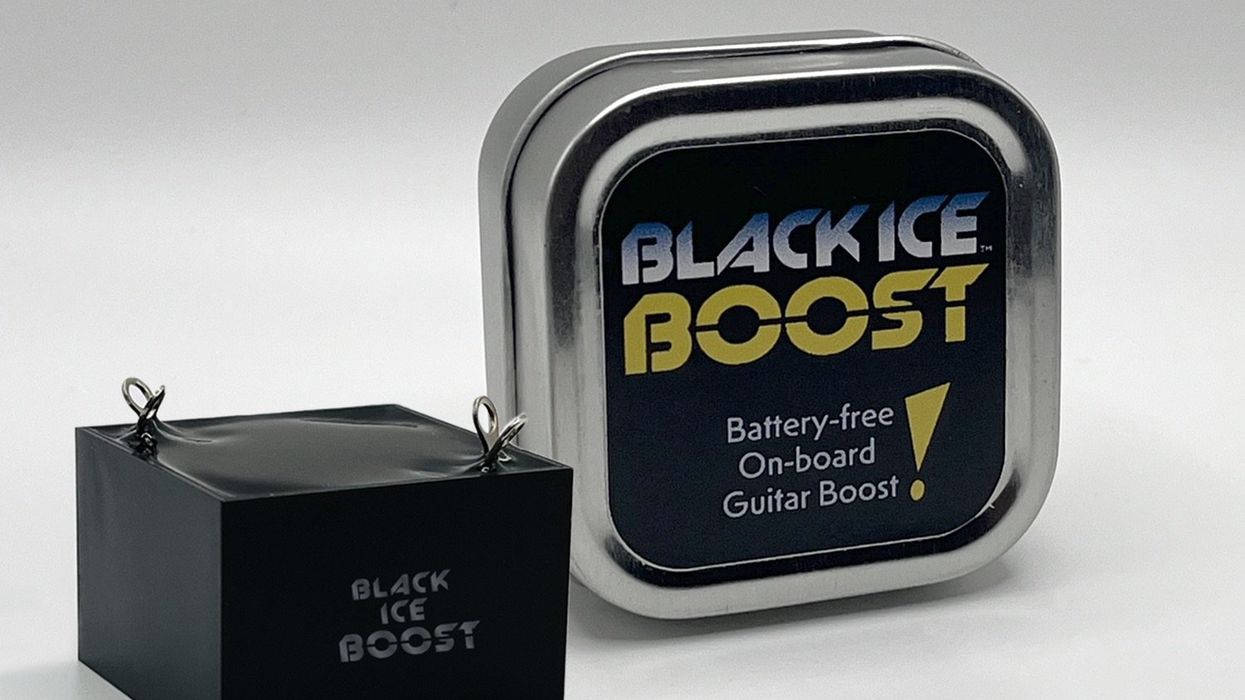
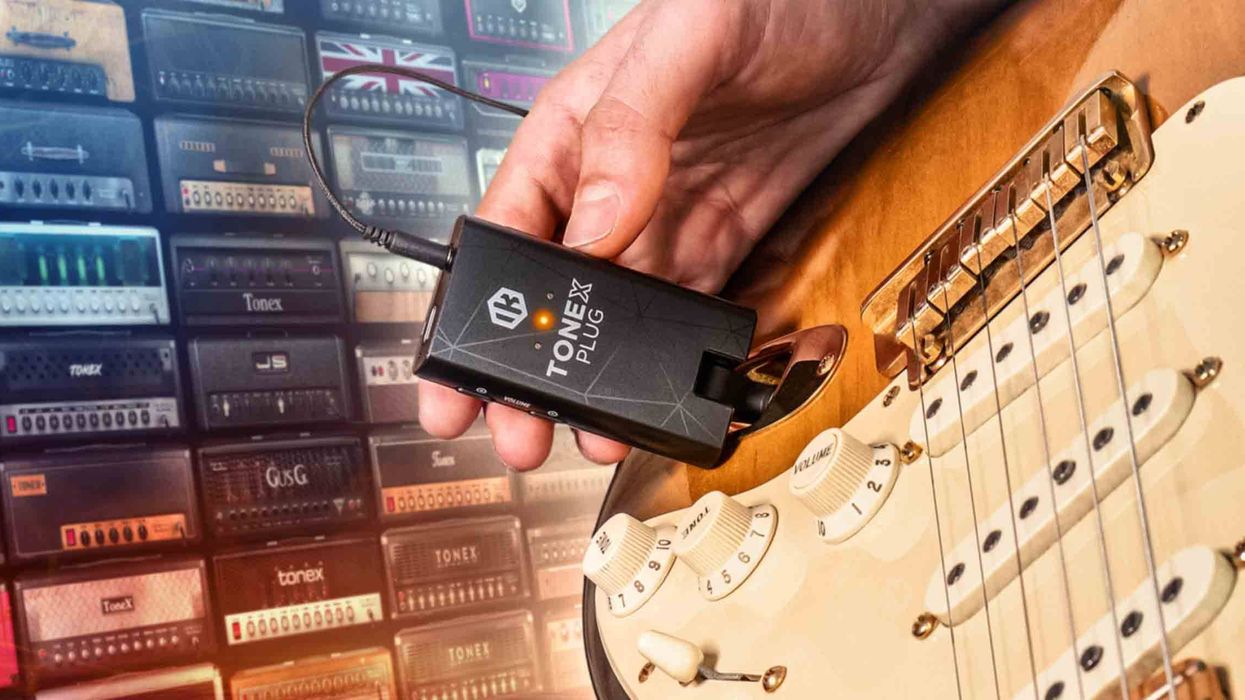

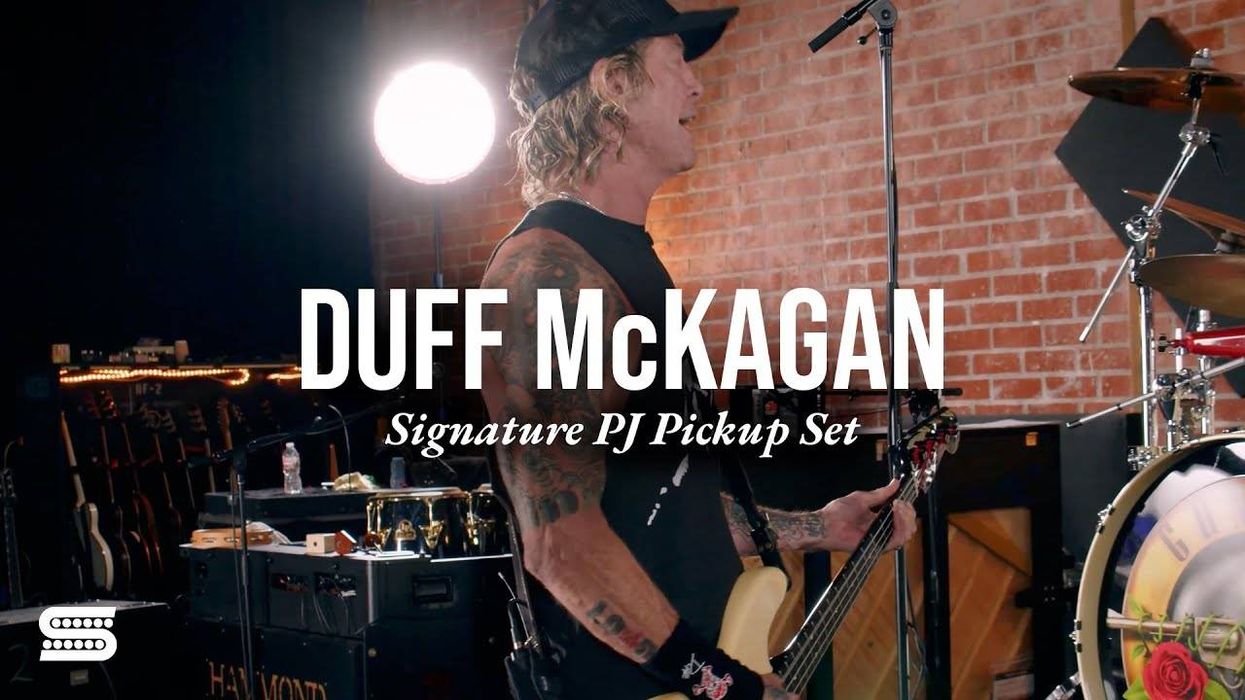
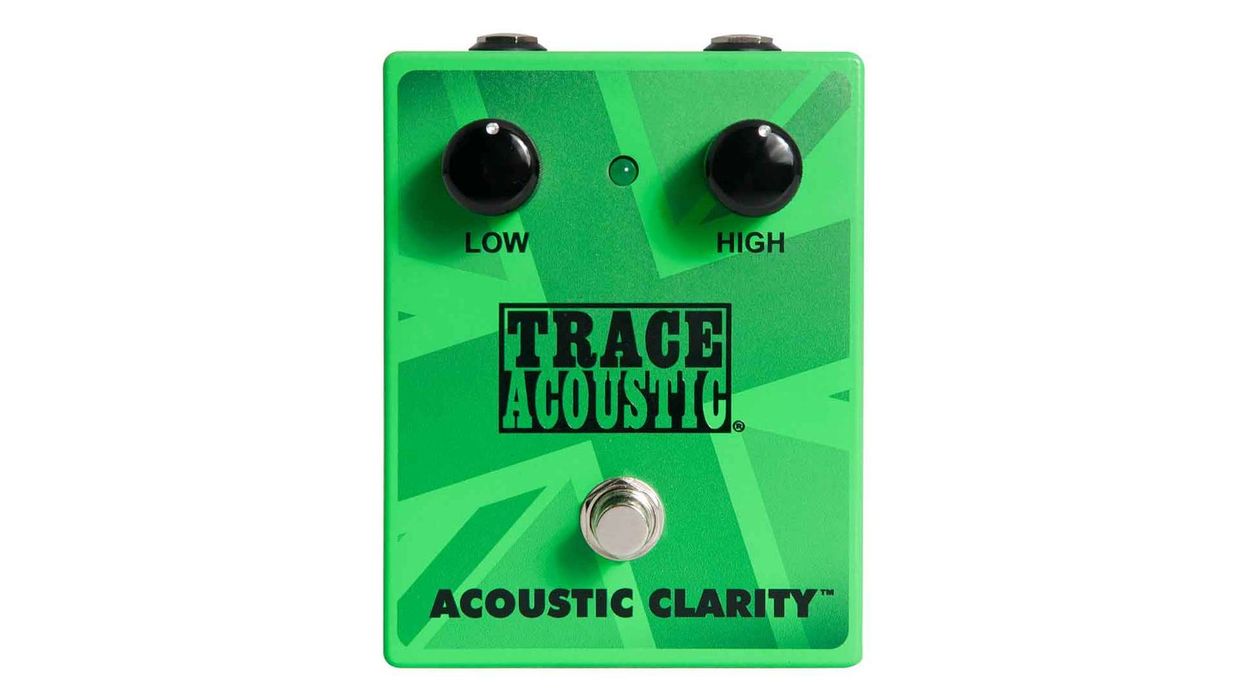
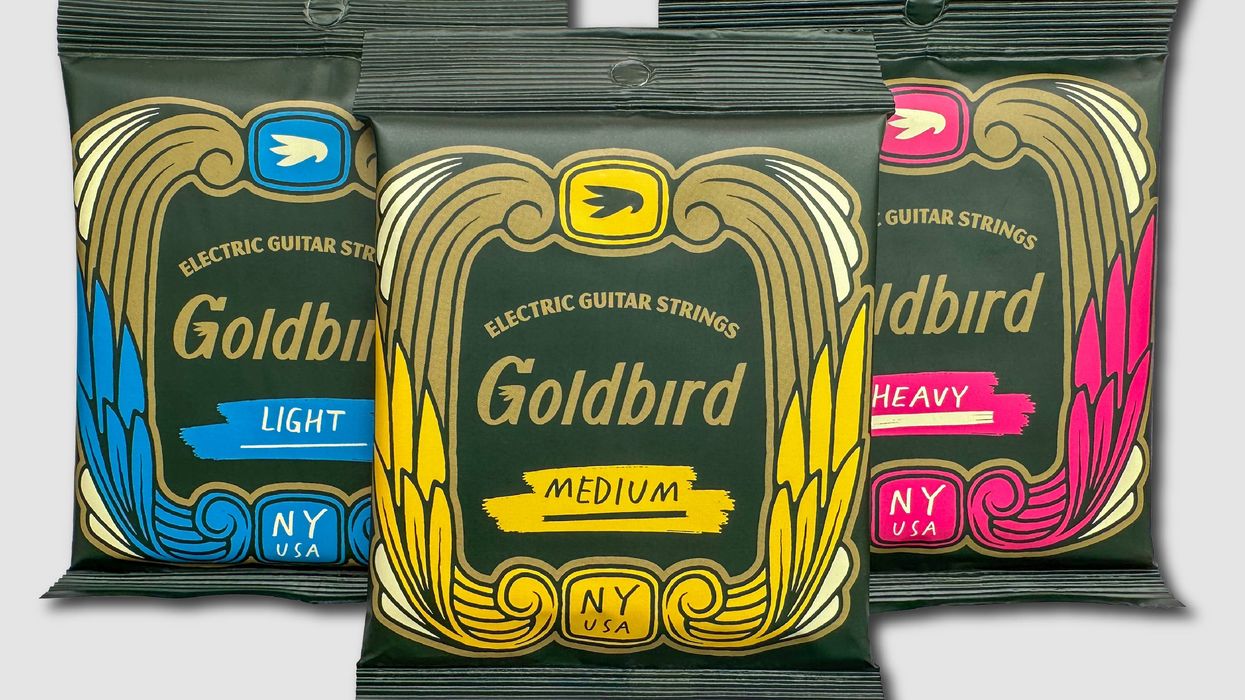
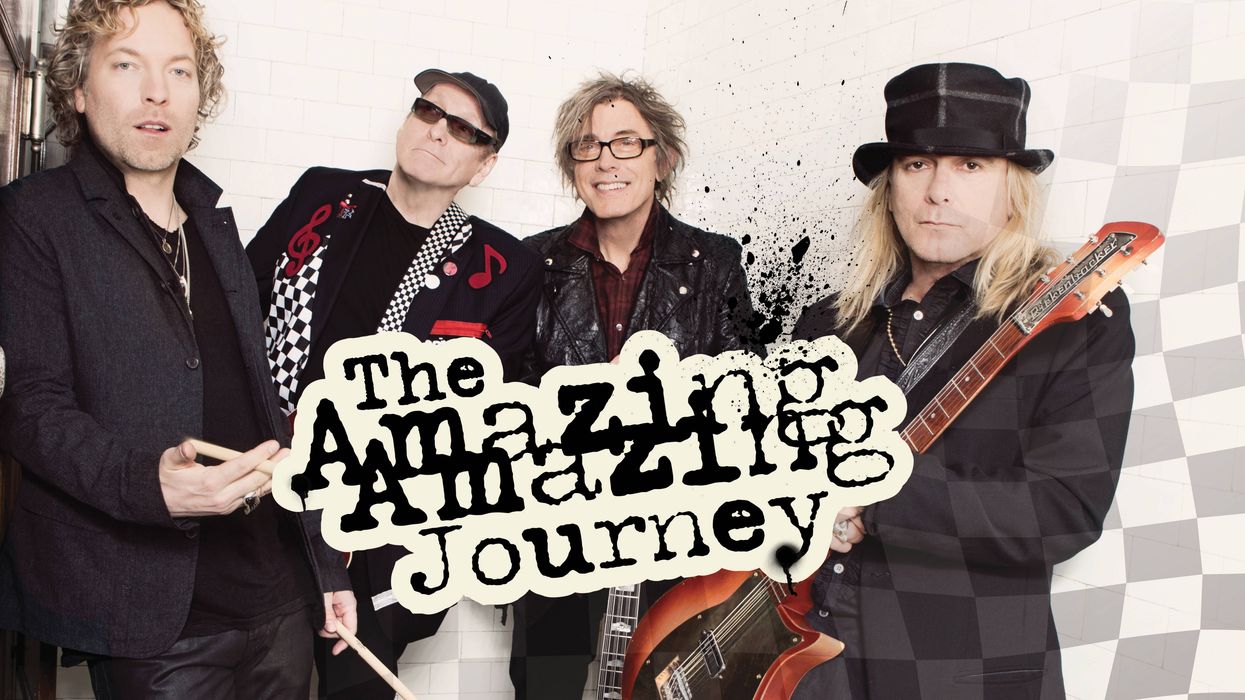
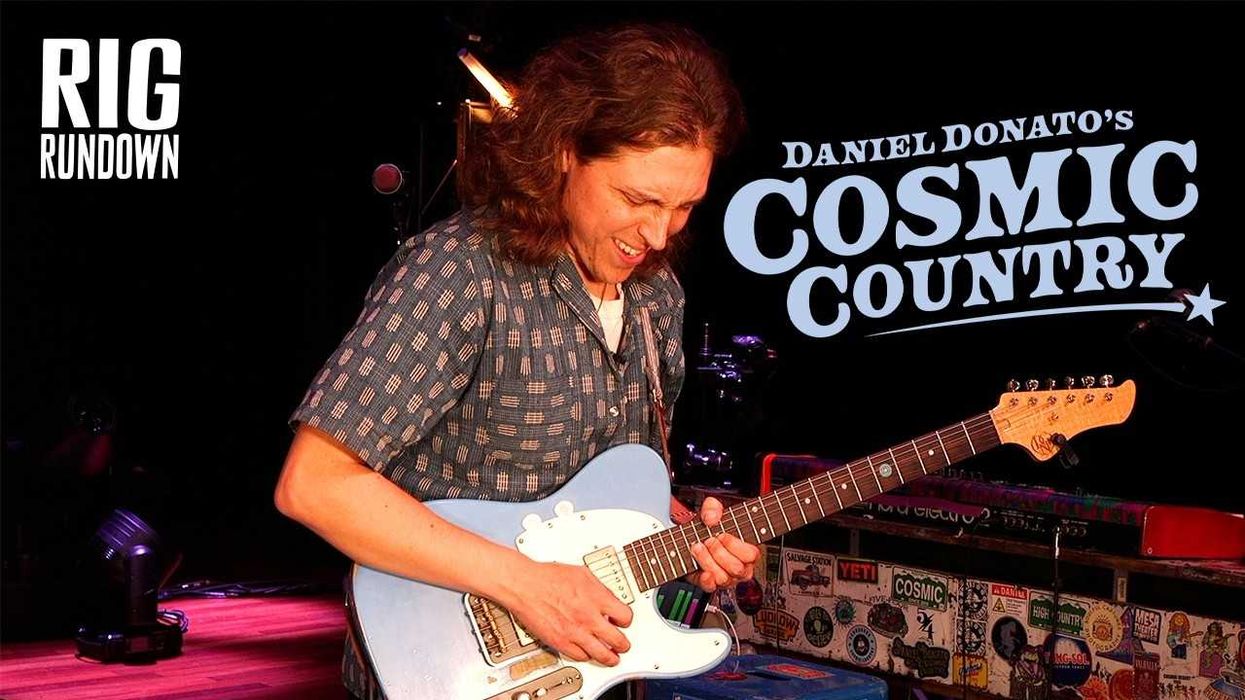
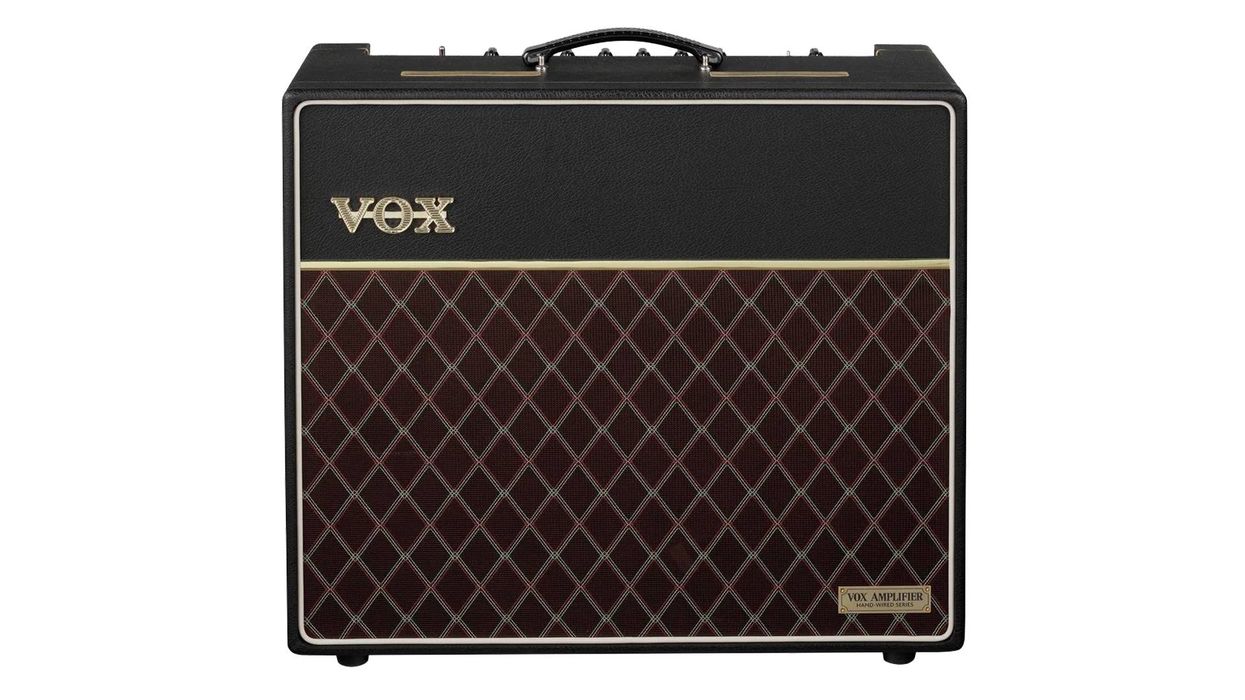


![Devon Eisenbarger [Katy Perry] Rig Rundown](https://www.premierguitar.com/media-library/youtube.jpg?id=61774583&width=1245&height=700&quality=70&coordinates=0%2C0%2C0%2C0)
